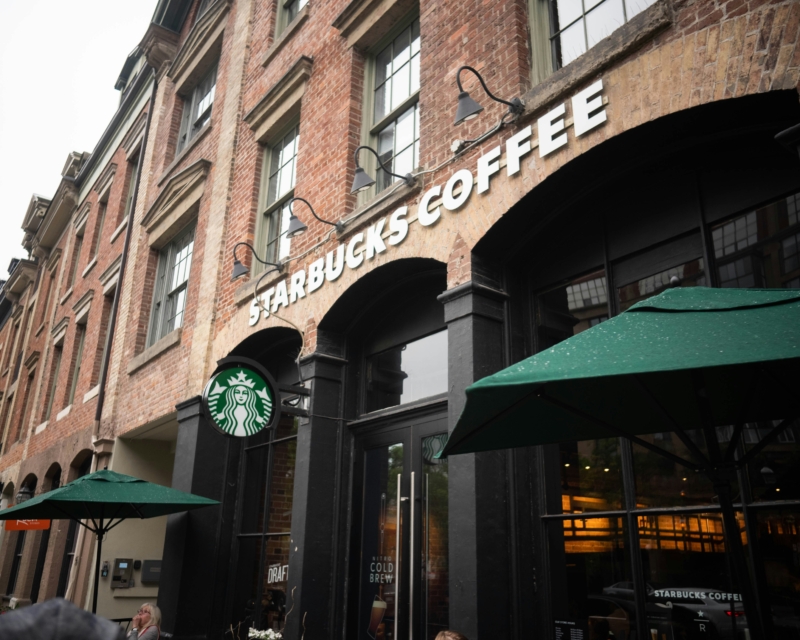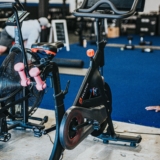Brewing Trouble: The Bitter Aftertaste of Starbucks’ Cup Recall
Starbucks finds itself embroiled in a steaming cup controversy. Over 440,000 branded cups have been recalled due to alarming safety concerns, including burn and laceration hazards. The bitter brew of this recall leaves a lingering taste of concern as reports emerge of ten individuals suffering injuries, some severe, in connection with these faulty vessels.
The recall, initiated by the coffee company in conjunction with the U.S. Consumer Product Safety Commission, casts a shadow over the ubiquitous coffee giant’s reputation for quality and safety. The affected products, aptly named “Recycled Fiber Cold Cups,” were sold across the United States and Canada between August and October of last year. The recall is centered on the presence of tiny, hard particles in the cups’ exteriors, posing a potential risk of burns and lacerations to consumers.
The revelation of injuries, including severe burns, suffered by ten individuals further intensifies the gravity of the situation. These incidents serve as stark reminders of the real-world consequences of product defects, shattering the illusion of morning tranquility associated with sipping on their iconic brews. From the hustle of busy commuters to the leisurely gatherings of friends, the experience has been punctuated by a troubling element of hazard, leaving patrons to ponder the safety of their daily caffeine fix.
For Starbucks, a company built on the pillars of quality, consistency, and customer satisfaction, this recall strikes at the heart of its brand identity. The very vessels designed to enhance their experience have now become symbols of risk and peril. Questions loom over the effectiveness of their quality control measures and the extent of its responsibility in ensuring the safety of its products from bean to cup.
As consumers grapple with the implications of this recall, the coffee giant faces a daunting task of restoring trust and confidence in its brand. The swift action taken to recall the defective cups is commendable, but the damage to their reputation may prove more difficult to repair. In an age where social media amplifies every misstep, they must navigate the turbulent waters of public perception with transparency, accountability, and a renewed commitment to safety.
In the midst of this storm, one thing remains clear: the safety and well-being of consumers must always take precedence over profit margins and brand image. As Starbucks endeavors to regain its footing in the wake of this crisis, let us hope that lessons are learned, safeguards are strengthened, and the bitter aftertaste of this recall serves as a catalyst for greater diligence and accountability in the pursuit of consumer safety. After all, no cup of coffee is worth the risk of injury.




